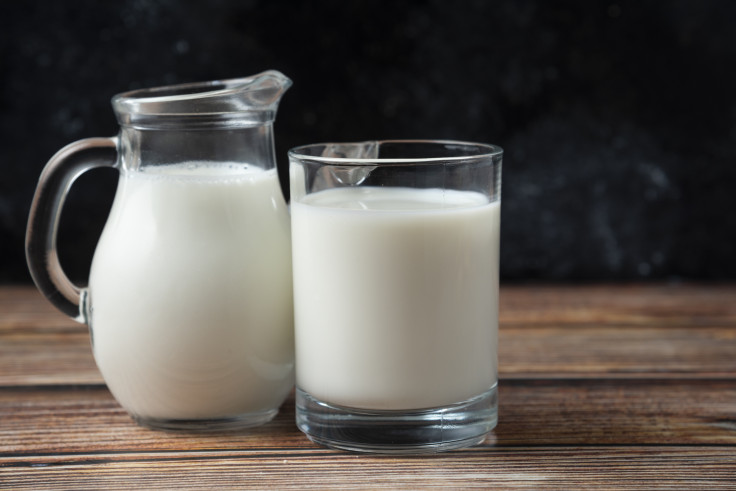
As federal agencies along with state partners continue to investigate an outbreak of H5N1 infection reported in U.S. dairy cows, the U.S. Food and Drug Administration (FDA) announced that it has discovered fragments of the bird flu virus in samples of pasteurized milk.
However, the FDA assured that the commercial supply of milk is still safe to drink as it follows two steps: the pasteurization process and the diversion or destruction of milk from sick cows. The remnants of the bird flu virus found in pasteurized milk are not the same as the infectious virus and currently do not pose any elevated risk, the FDA said in an update.
"As noted by USDA and some press reports from the World Health Organization (WHO) and other sources, the presence of the virus has been detected in raw milk. Based on available information, pasteurization is likely to inactivate the virus, however, the process is not expected to remove the presence of viral particles. Therefore, some of the samples collected have indicated the presence of HPAI [Highly Pathogenic Avian Influenza] using quantitative polymerase chain reaction (qPCR) testing," the FDA stated in a news release.
"To date, we have seen nothing that would change our assessment that the commercial milk supply is safe. Results from multiple studies will be made available in the next few days to weeks," the FDA stated in a news release.
Both the FDA and the Centers for Disease Control and Prevention (CDC) continue their warning against drinking raw milk or products made from it, citing the potential presence of viruses or bacteria that could result in infections or foodborne illnesses.
"Nearly all (99%) of the commercial milk supply that is produced on dairy farms in the U.S. comes from farms that participate in the Grade 'A' milk program and follow the Pasteurized Milk Ordinance (PMO), which includes controls that help ensure the safety of dairy products," the update stated.
The FDA also recommends refraining from producing or selling raw milk or any related products sourced from cows showing signs of illness, including those exposed to or infected by avian influenza viruses. Additionally, it advises producers to take caution while disposing of milk from affected cows to avoid potential transmission.







